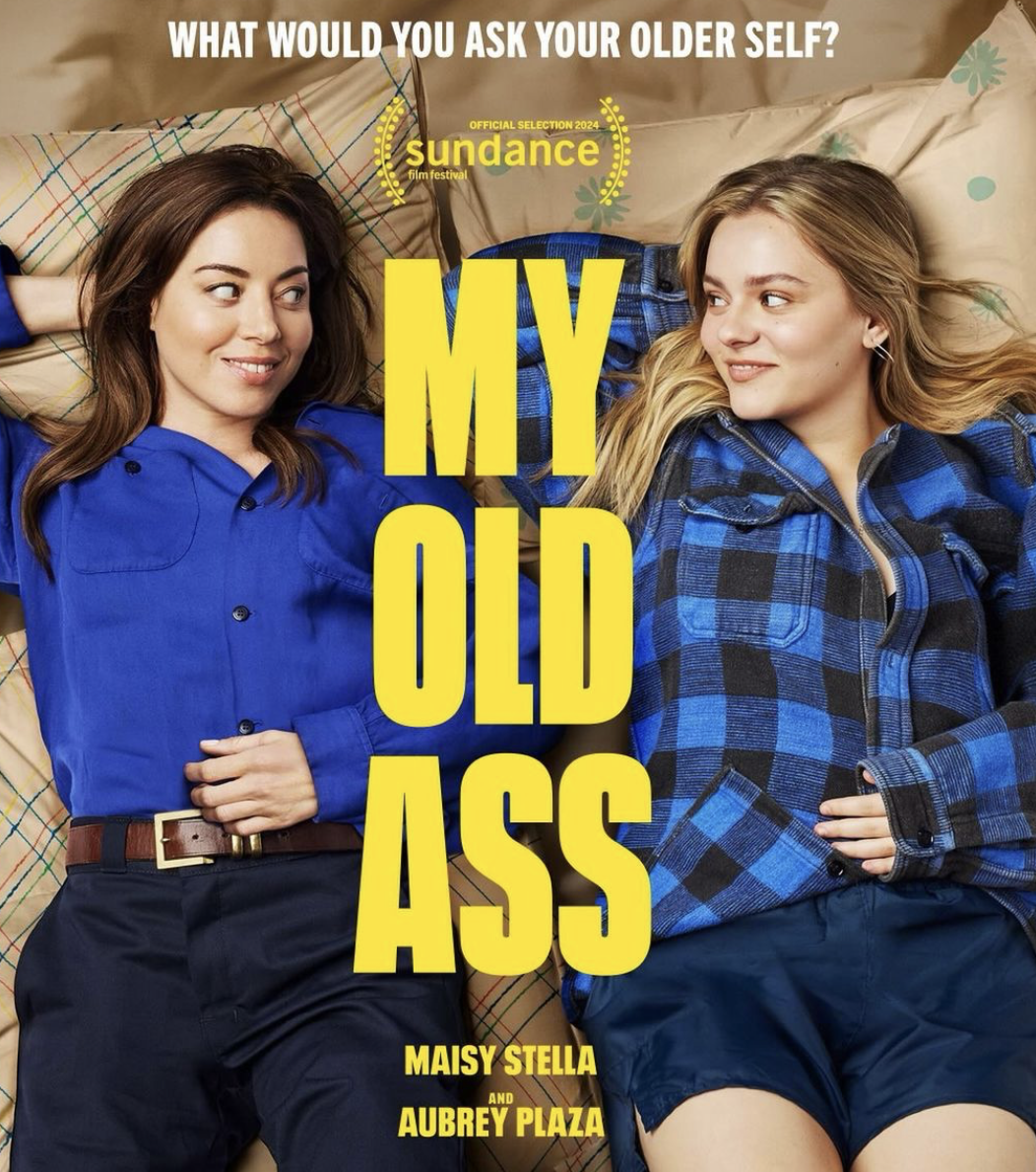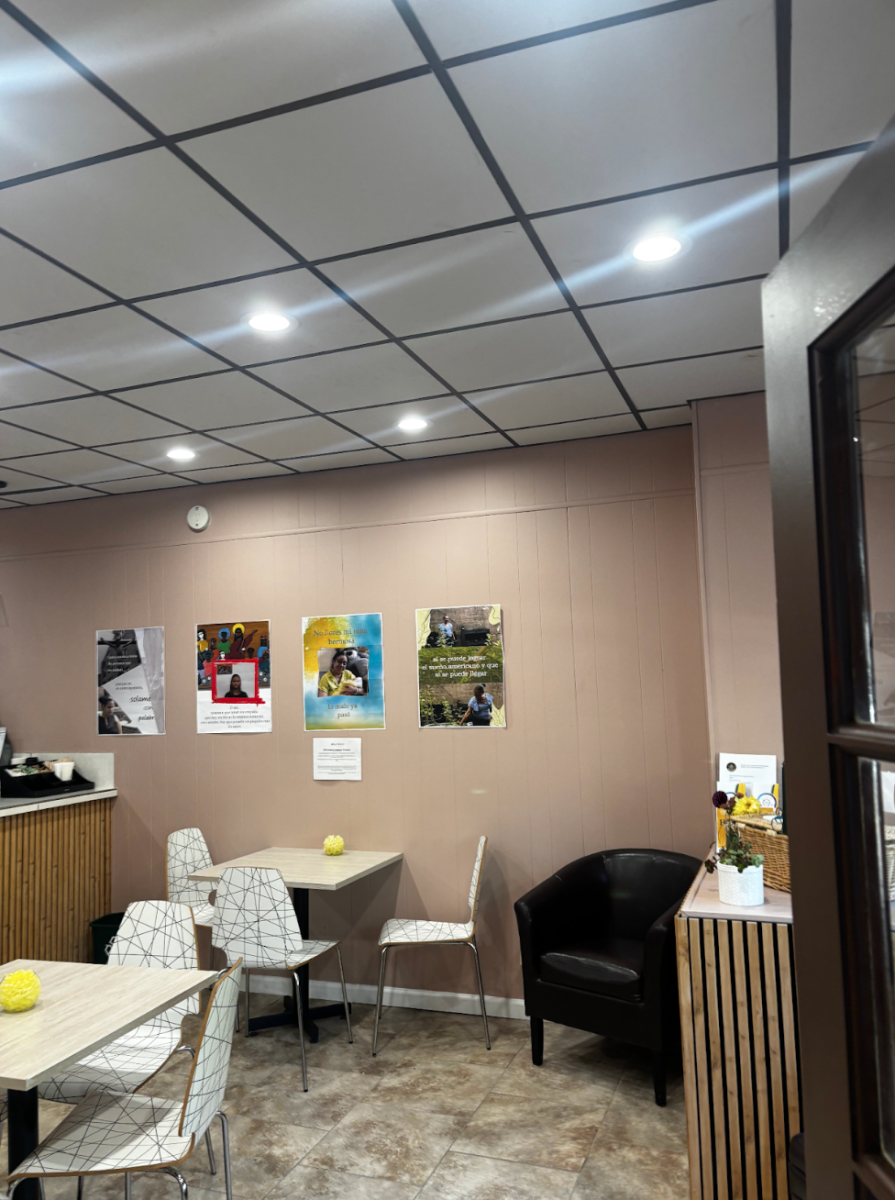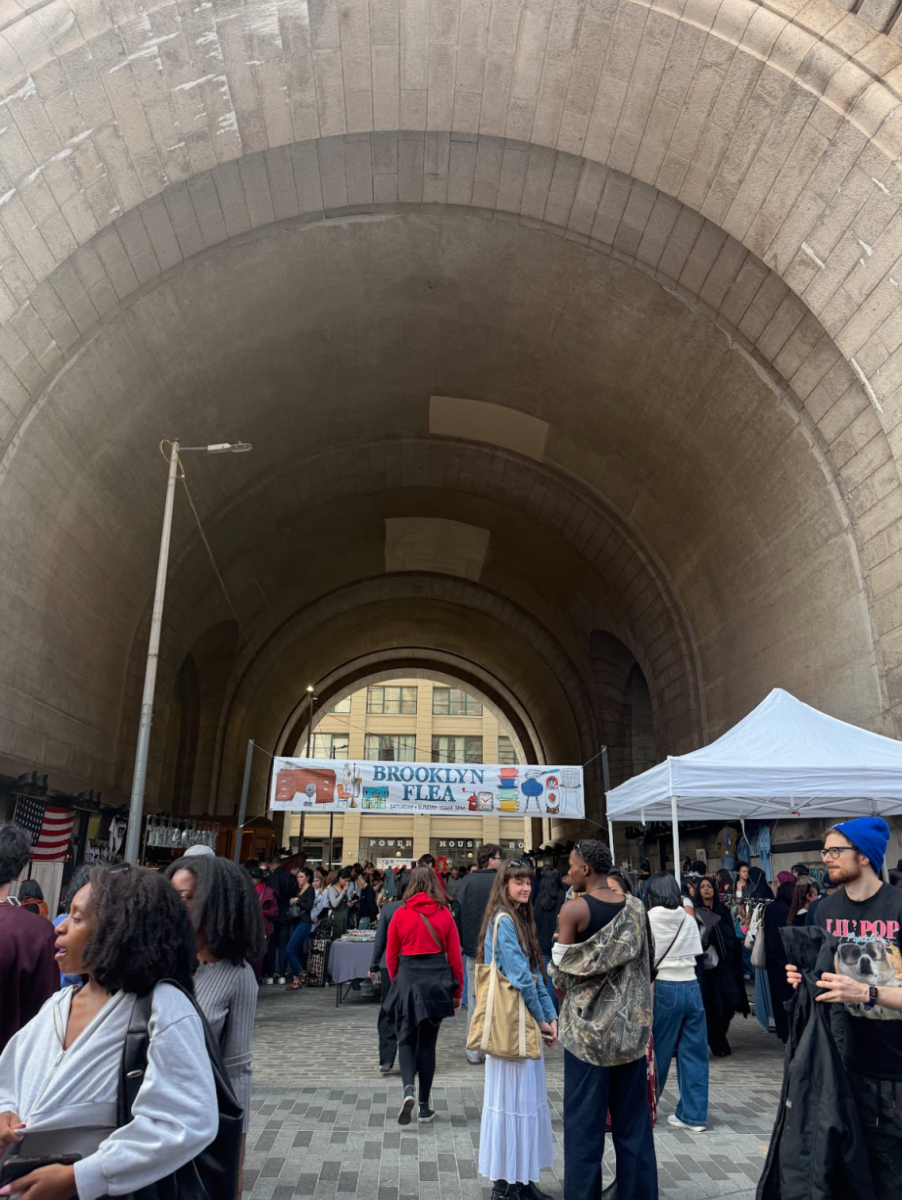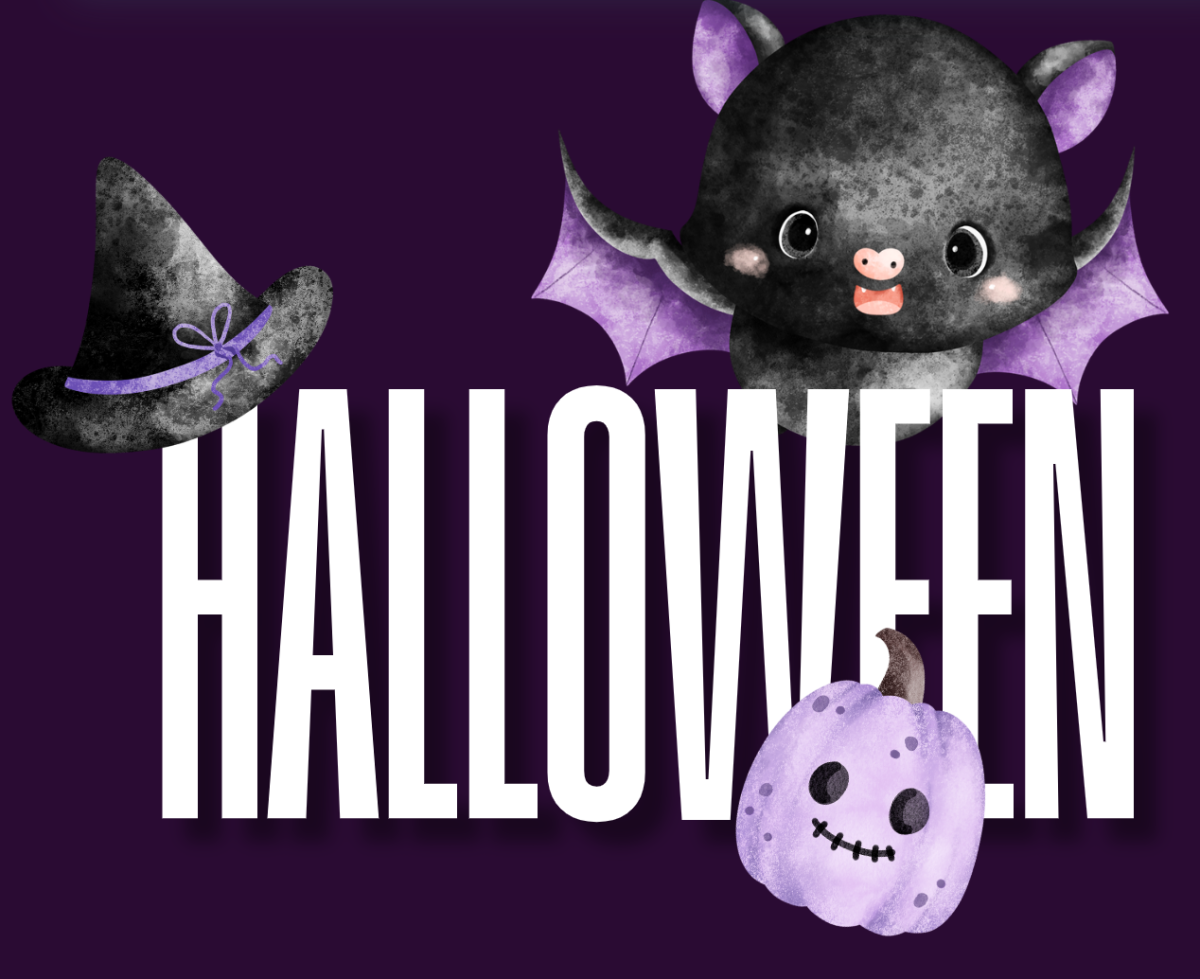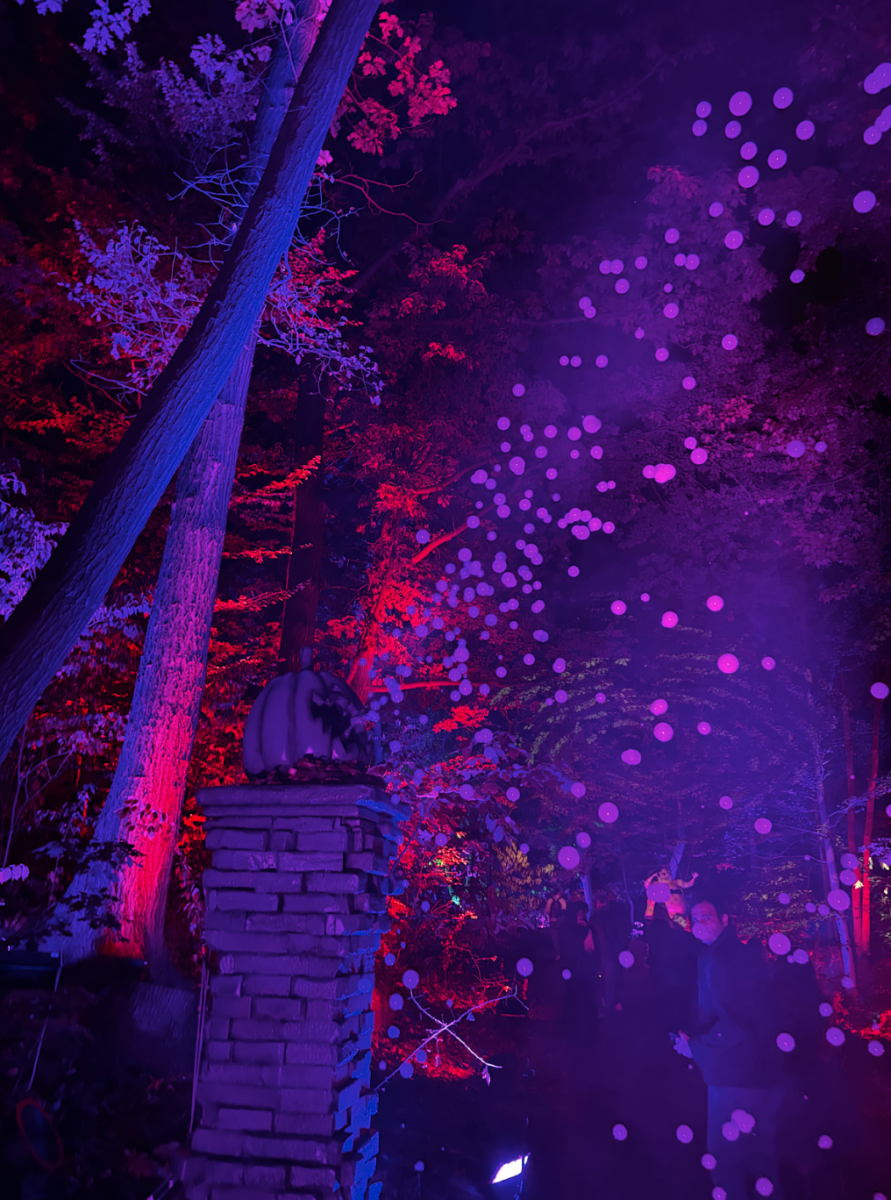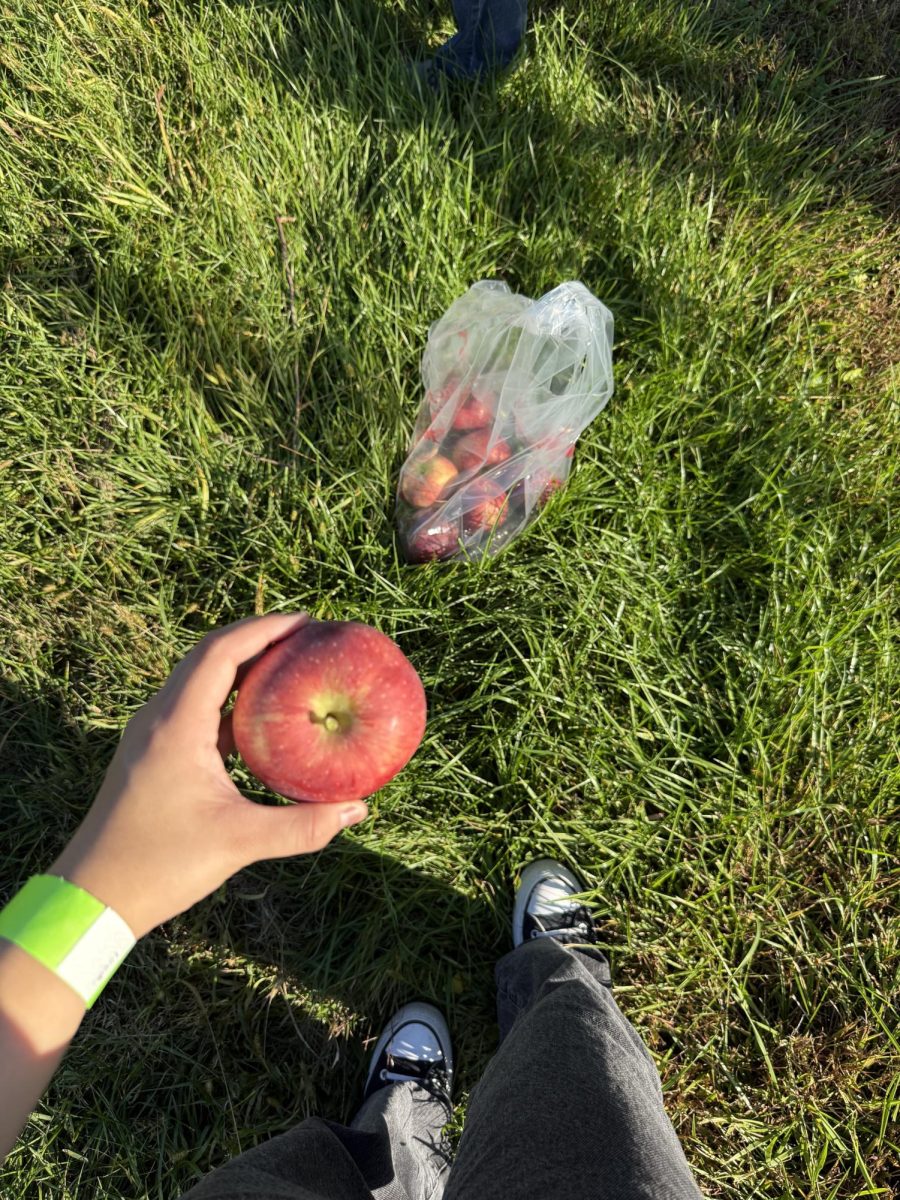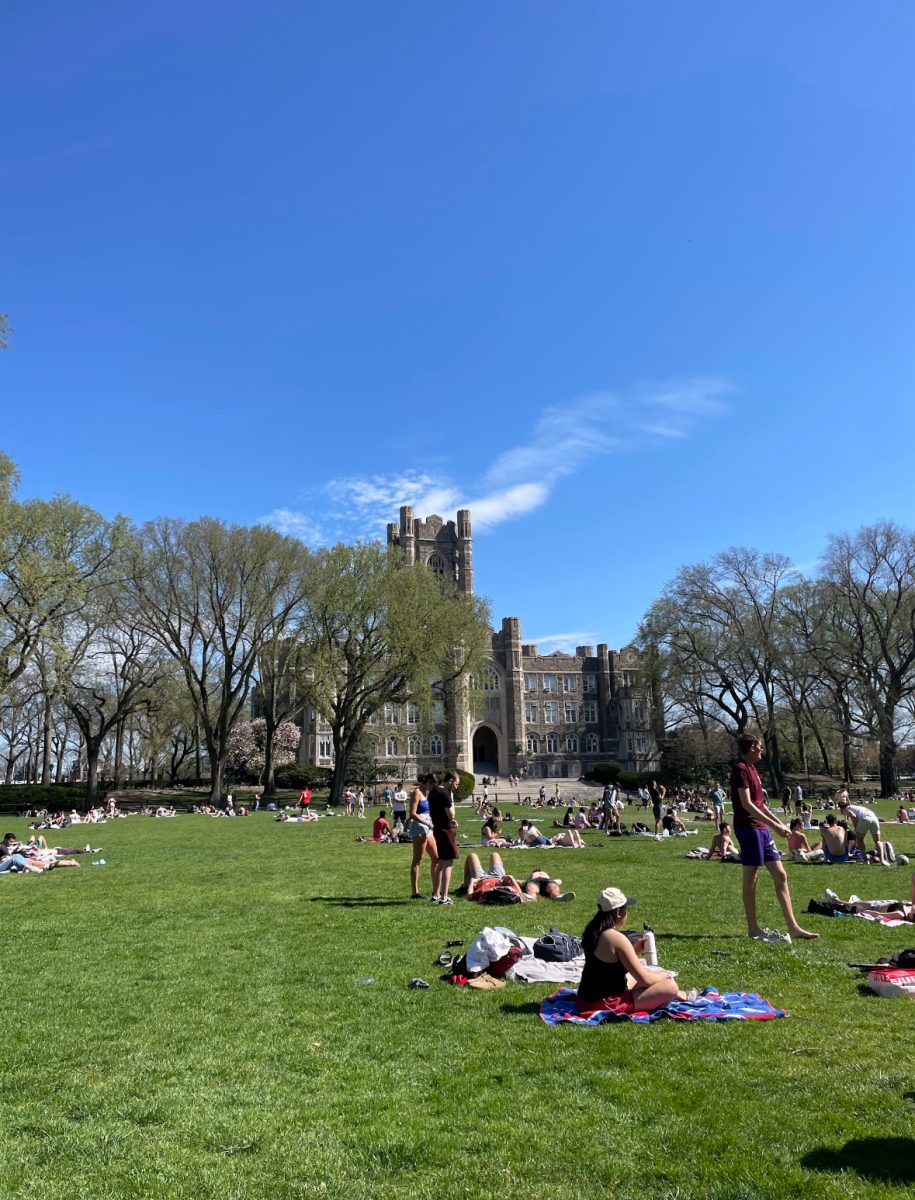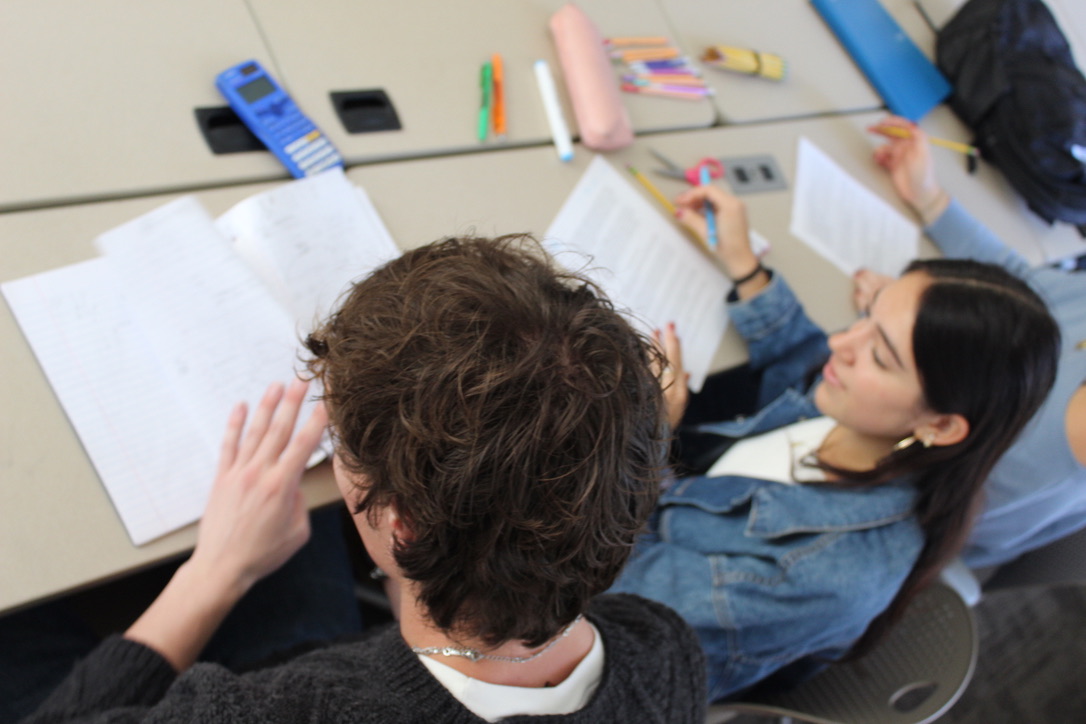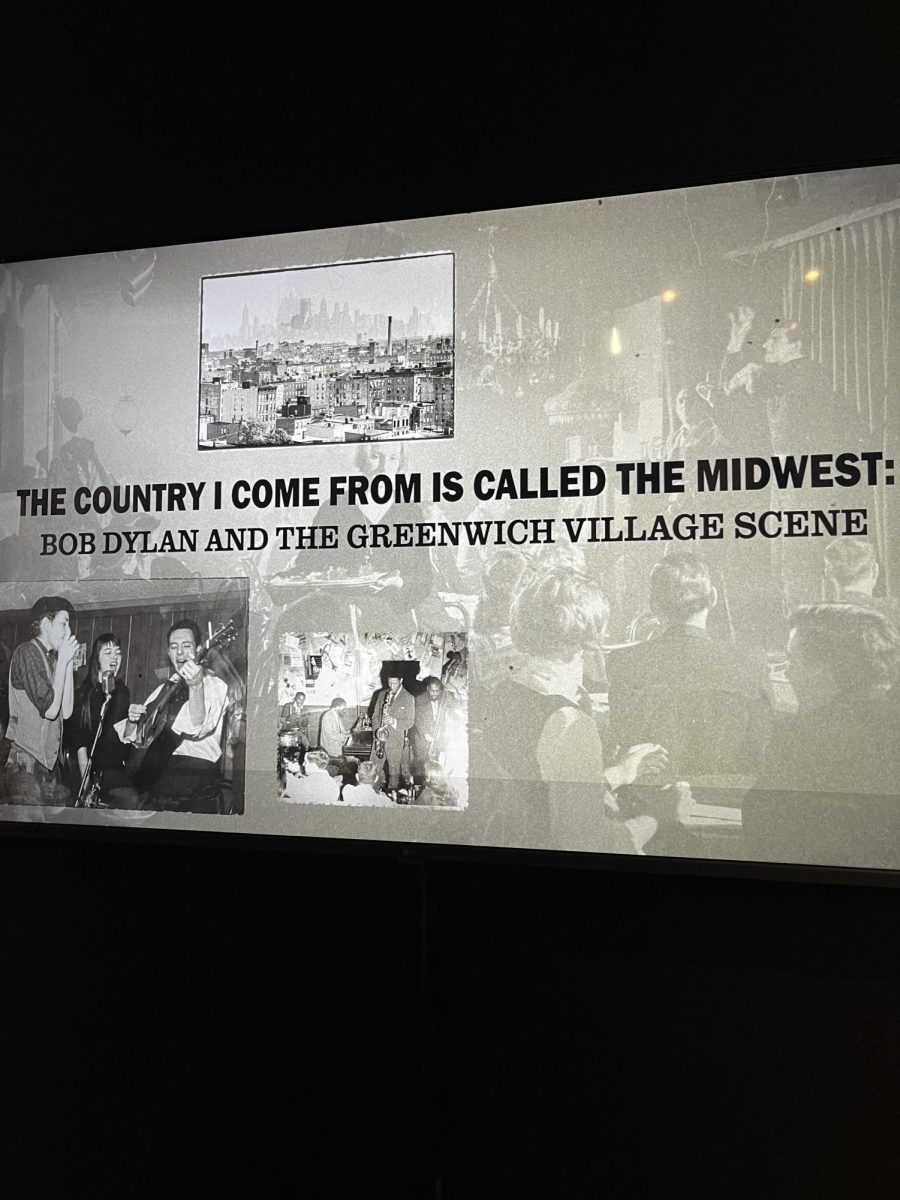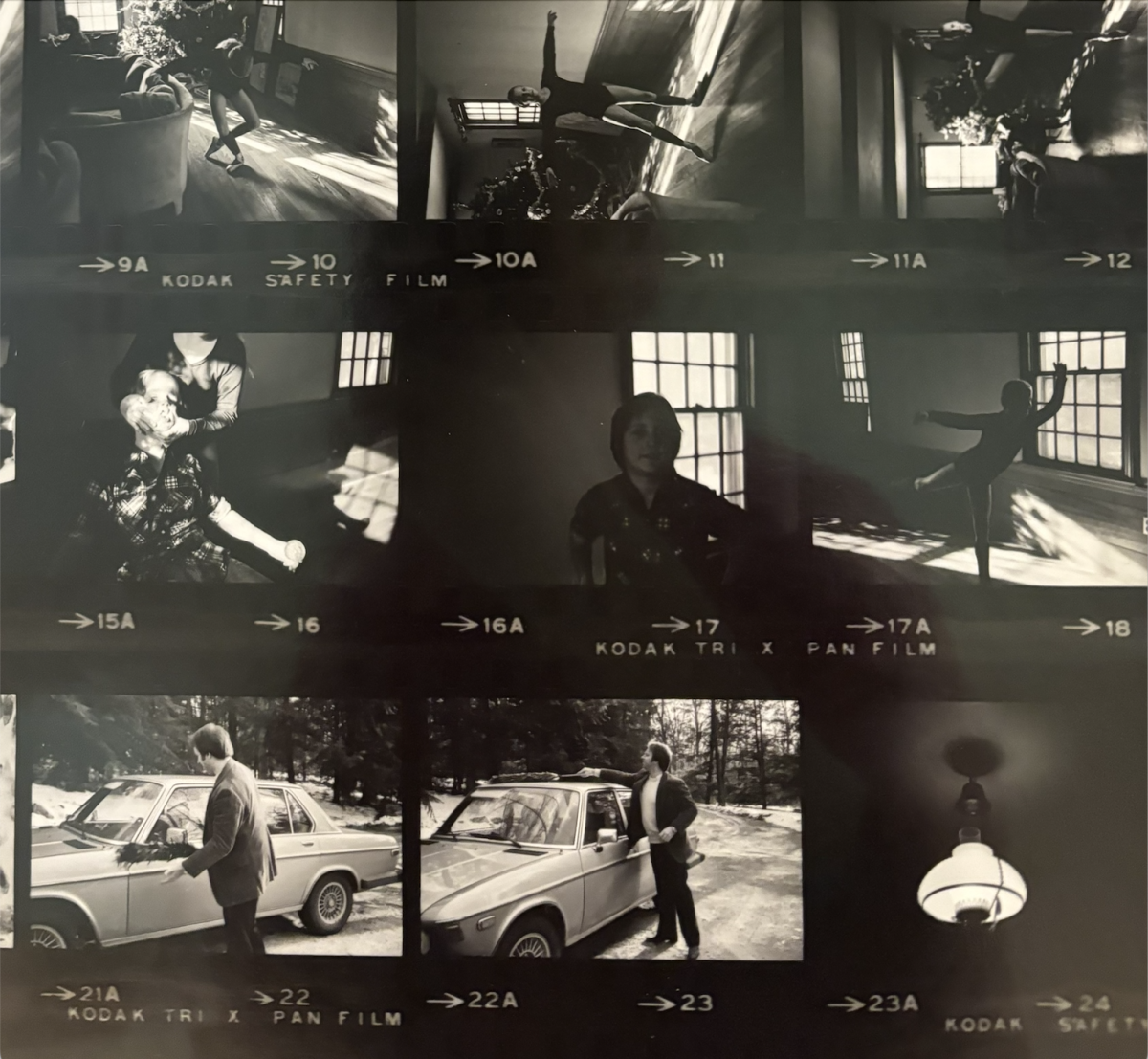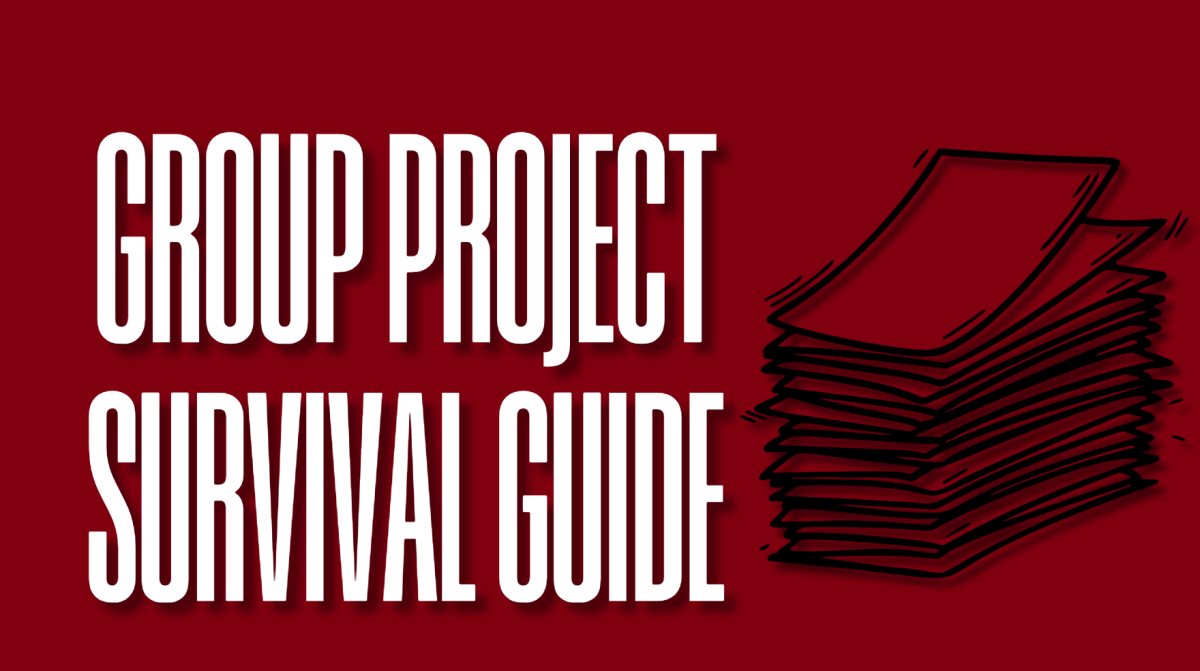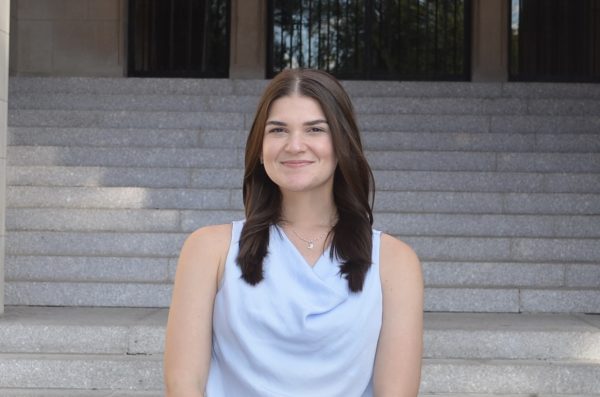If you could talk to your younger self, what would you say? Or if you could talk to your older self, what would you ask? In the new coming-of-age film “My Old Ass,” up-and-coming director Meghan Park aims to portray an answer to these hypotheticals and capture the journey of self-discovery for late teens in a relatable and comedic way.
“My Old Ass” centers around 18-year-old Elliot Labrant (Maisy Stella), who takes mushrooms on a birthday camping trip resulting in her coming face to face with her 39-year-old self. Older Elliot (Aubrey Plaza) gives younger Elliot advice on how she should continue living her life. As younger Elliot is currently planning on moving away for college and leaving her rural life behind, she and older Elliot continue to converse over the problems younger Elliot faces, and both learn and grow from each other in a classic coming-of-age fashion.
This unique production was both written and produced by Park. It was these questions of self-reflection that sparked Park’s original ideas for the film. Park knew she wanted to create a film that highlighted the struggle of rapid life changes that college students undergo while simultaneously presenting this idea in a way that is lighthearted and comedic.
“I’ve always admired movies that walk the line between comedy and authentic emotion,” Park said when discussing her inspiration for the film. “But in this case, I think that mix really came out of me trying to be true to a moment in life that is full of laughs and good times but also real sadness at leaving your childhood world and everything that is so beautiful about it behind.”
Park uses different aspects of Elliot’s life to bring out these qualities of emotion and comedy. Elliot’s relationships with the other characters within the film, specifically her family dynamic and romantic relationships, are designed to emphasize the emotional growth of that age. On the flip side, Park adds elements of modern community, using popular language such as the slang and humor of our current era to reach out to viewers in a more personal way.
While staying in her childhood bedroom, Park developed the concept for the film, reflecting nostalgically on moments from her past that she had once overlooked. She aimed to translate these emotions into a narrative that would leave a lasting impression on Gen Z audiences. To bring this vision to life, Park crafted a story centered on Elliot’s journey of self-reflection, weaving in themes of family, love and future uncertainties — topics that deeply resonate with recent high school graduates.
After a pivotal conversation with her future self, Elliot begins to reassess her relationship with her family, recognizing that she has neglected to spend meaningful time with her parents and brothers. This realization also leads her to question her connection to the family farm and her role in its upkeep, sparking a newfound appreciation for both.
As Elliot navigates this path of self-reflection, she also grapples with uncertainties and doubts about her future as she prepares to move to Toronto for college. In addition to these challenges, the film addresses modern themes of self-identity, particularly Elliot’s exploration of her sexual orientation. Initially identifying as lesbian, Elliot later begins to question if she might also be attracted to men. This internal conflict leads to a heartfelt conversation with her friend Ro, who reassures her that being attracted to men doesn’t make her “less queer.” Park highlights the significance of this scene, stating, “It was such an important scene… I had never seen a character who identified one way [and changed her mind]. It’s usually the other way around… This was a fresh take on queer conversations that feel more authentic to Gen Z, and definitely to Elliot.”
This complex depiction of self-discovery highlights the emotional challenges and confusion many face as they transition into college. It also reassures audiences that it’s okay to stumble and make mistakes, as these experiences are essential for personal growth and understanding oneself.
With this ambition, it is no surprise that Park’s film is jam-packed with detail. From the viewer’s perspective, it is safe to say that the takeaway from this film can vary greatly from person to person. Whether the scope of themes within this film is overwhelming or a sort of perfect storm can be left entirely up to those watching. The beauty of a film such as “My Old Ass” is how it can shift and change under a set of fresh eyes. Regardless of the strong intentions from Park, when “My Old Ass” officially hits all theaters, we can expect viewers to find new meaning within this film as well.



































































































































































































